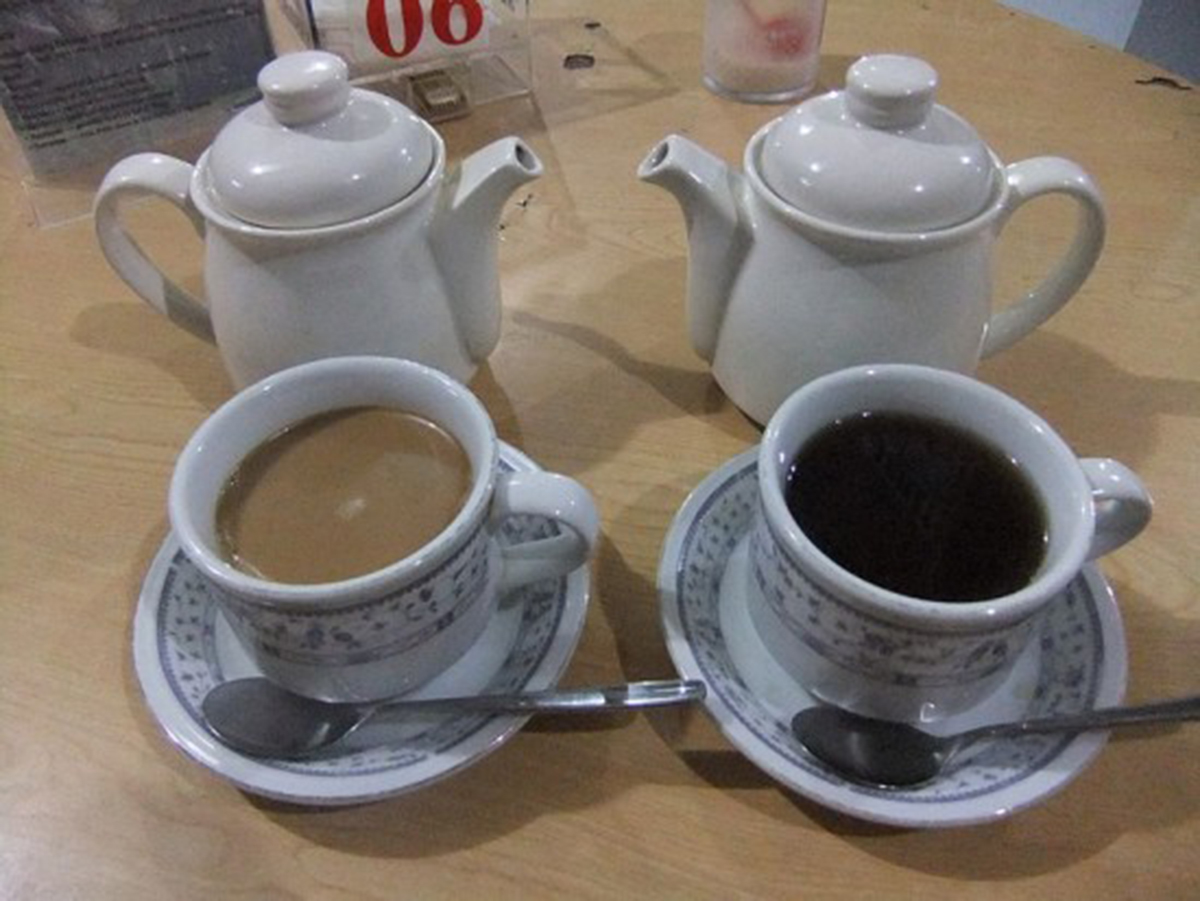Table of Contents
The liver is a large organ found in the right upper abdomen, just below the lung. Its main function is to filter blood after it drains from the digestive tract, in the process, detoxifying chemicals and metabolizing drugs. The liver also secretes bile to aid in digestion and makes proteins, which are important for many body functions, including blood clotting. In reality, this is just an oversimplification of what the liver can do. It is a vital organ that is necessary for survival and although it has a great capacity to regenerate, it is usually subjected to many harmful substances that can lead to tissue damage.

It is estimated that in the US, more than 15 million people abuse alcohol, and almost all of them eventually develop fatty liver disease. Other people can also develop a condition called nonalcoholic fatty liver disease, which is the most common type of chronic liver disease in America. This condition is often associated with obesity, diabetes, and high cholesterol.
Effects of Coffee and Tea on the Liver
The authors believe they have found the mechanism of action of caffeine found in tea and coffee on the lipids (fat) in liver. They discovered that caffeine stimulates the breakdown of lipids stored in liver cells, which decreased the fatty liver of experimental mice that were regularly fed a high-fat diet. Their findings suggest that drinking equivalent amounts of caffeine in four cups of coffee or tea daily may help prevent and protect against fatty liver in humans. These results support previous findings from other studies that coffee/tea consumption can help reduce the progression of liver damage associated with nonalcoholic fatty liver disease.
Earlier studies done by Finnish researchers involving about 19,000 individuals demonstrated that drinking about five cups of coffee per day could reduce liver damage from heavy alcohol consumption. Another study done by Mayo Clinic investigators revealed that coffee drinking can also prevent the development of primary sclerosing cholangitis, an autoimmune liver disease that could lead to liver cirrhosis and liver failure.
Read More: Tea Drinking Improves Cardiovascular Health
How Much Coffee or Tea Should You Drink?
Before we start drinking more coffee and tea to reap these health benefits, let us also consider their possible side effects. After all, there is still no solid evidence for a cause-and-effect relationship between caffeine and its benefits but merely strong associations.
Most research indicates that drinking up to 300 mg of caffeine (equivalent to one to three cups of coffee) a day does not seem to be harmful in most healthy people. We must remember, however, that children, elderly people, pregnant women, and people with peptic ulcers or heart disease are advised to limit their caffeine intake since they are more more susceptible to the negative effects of caffeine. These include sleep disturbances, irritability, increased blood pressure, irregular heart rhythms, upset stomach and brittle bones.
- Duke-NUS Graduate Medical School Singapore. Coffee and tea may contribute to a healthy liver. ScienceDaily. http://www.sciencedaily.com/releases/2013/08/130816153019.htm
- WebMD. Coffee and Your Health. http://www.webmd.com/food-recipes/features/coffee-new-health-food
- WebMD. Fatty liver Disease. http://www.webmd.com/hepatitis/fatty-liver-disease
- WebMD. Health Benefits of Green Tea. http://www.webmd.com/food-recipes/features/health-benefits-of-green-tea
- Newsmax.com. Mayo Clinic: Coffee May Prevent Liver Disease. http://www.newsmaxhealth.com/Health-News/liver-disease-coffee-mayo/2013/05/19/id/505220#ixzz2l9BgTt1t
- University of Tampere. Coffee Protects the Liver. http://researchandstudy.uta.fi/2013/05/16/coffee-protects-the-liver/
- Mindmap by steadyhealth.com
- Kennedy OJ, Roderick P, Buchanan R, Fallowfield JA, Hayes PC, Parkes J. Coffee, including caffeinated and decaffeinated coffee, and the risk of hepatocellular carcinoma: a systematic review and dose-response meta-analysis. BMJ Open. 2017 May 9,7(5):e013739. doi: 10.1136/bmjopen-2016-013739. PMID: 28490552, PMCID: PMC5730000.
- Photo courtesy of Midori by Wikimedia Commons : commons.wikimedia.org/wiki/File:Coffee_and_tea_in_Rantepao_Tanatoraja.JPG
- www.sciencedaily.com
- www.webmd.com
- researchandstudy.uta.fi

